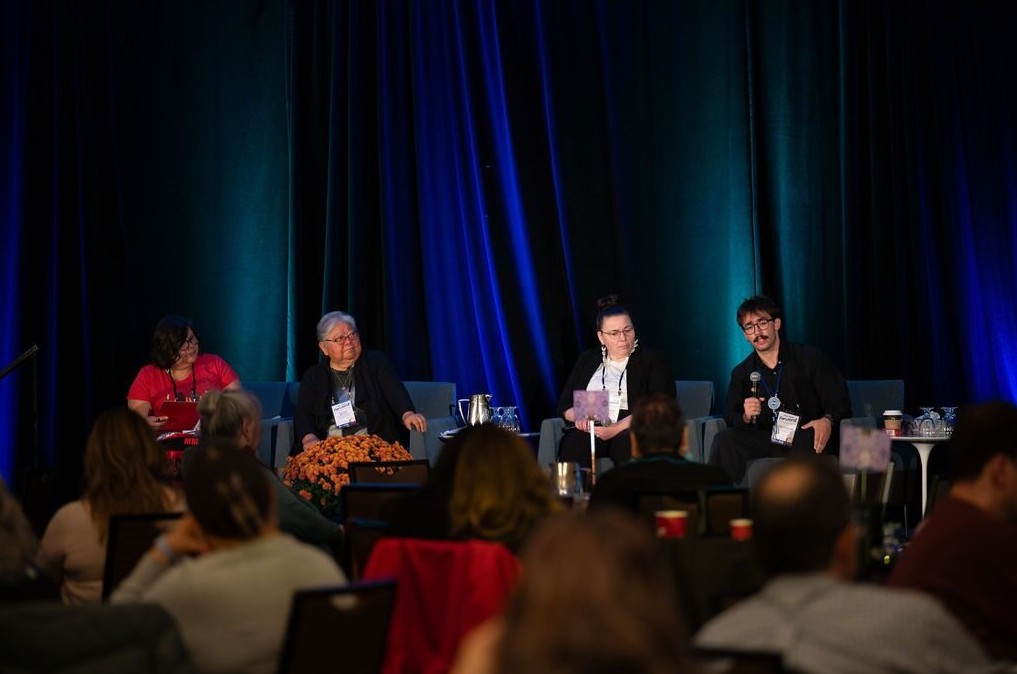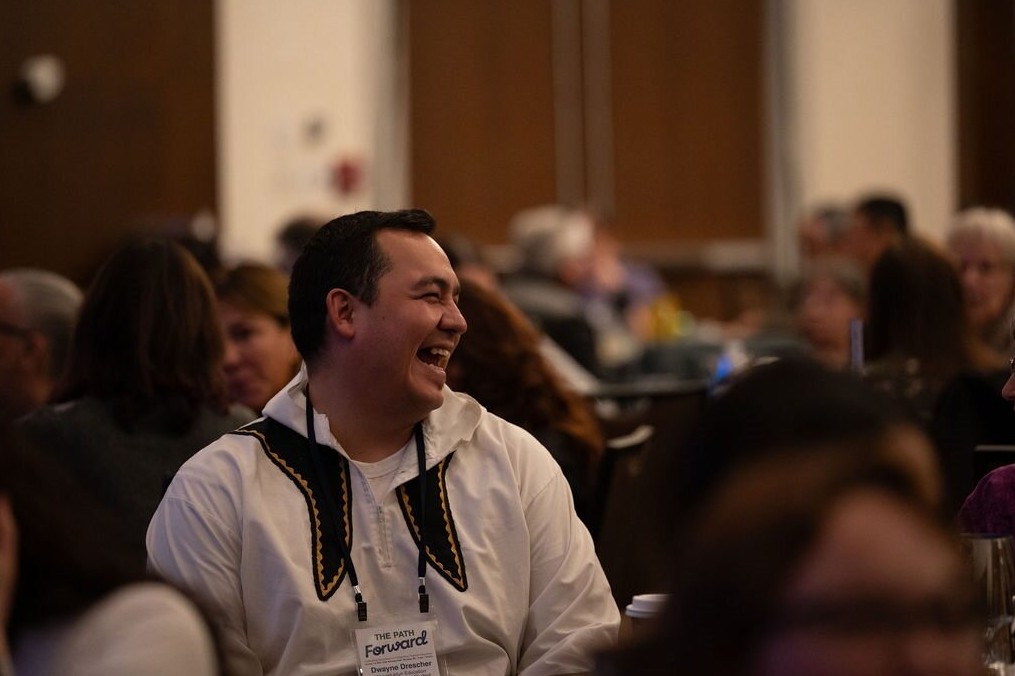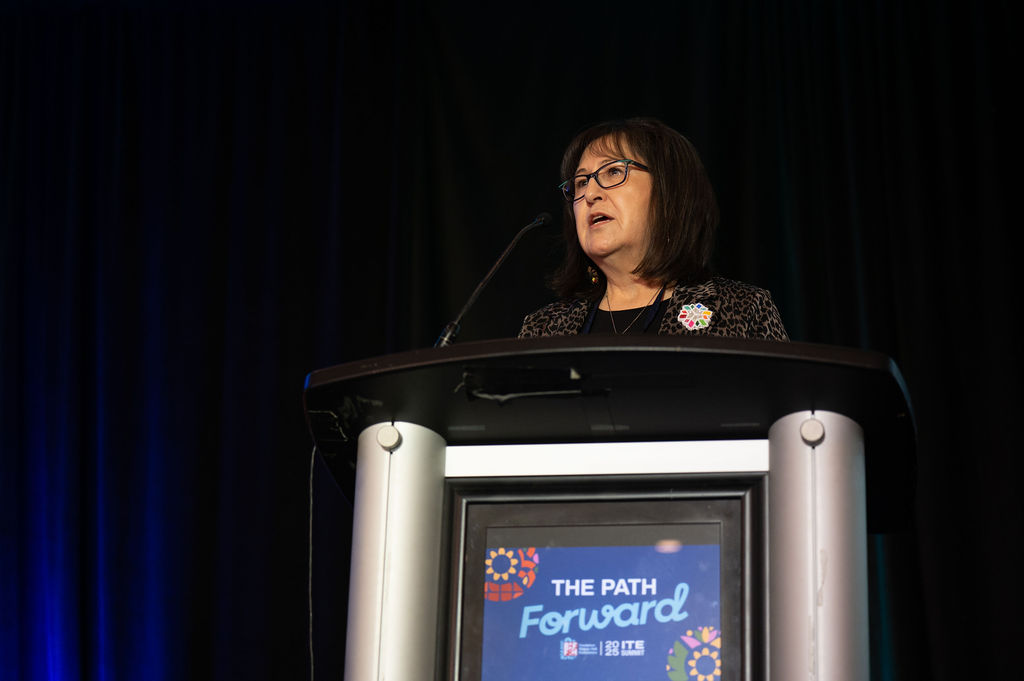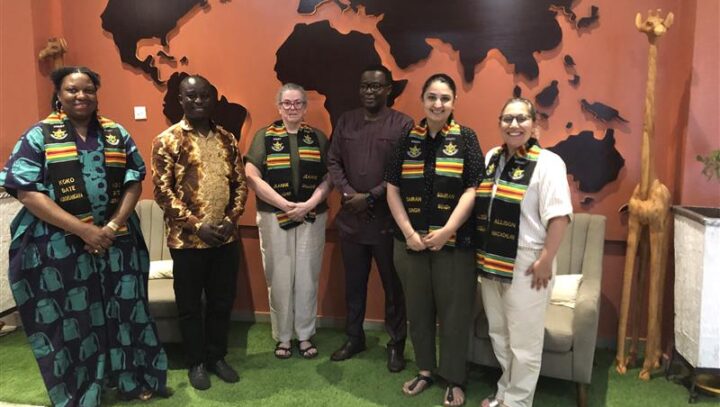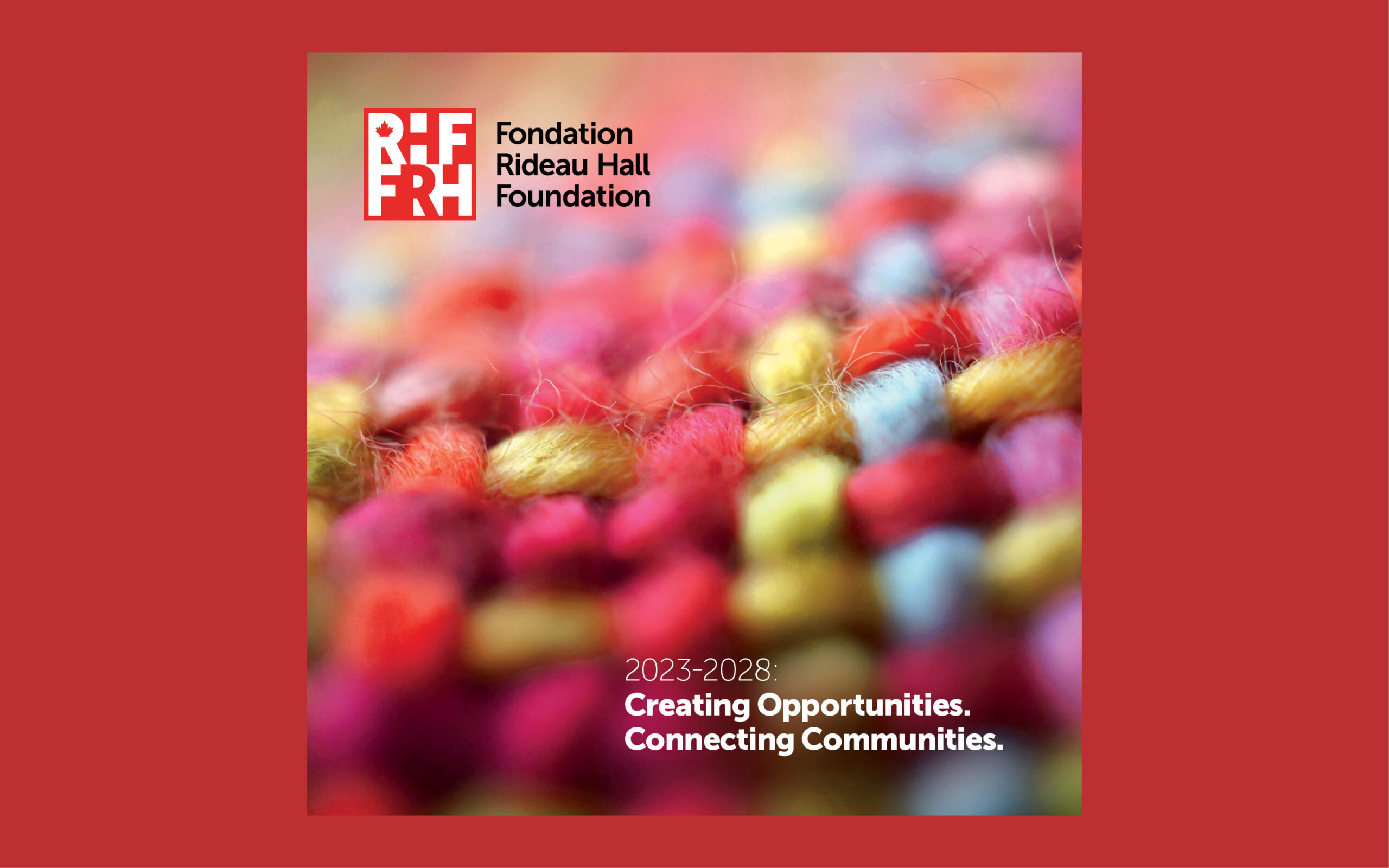On October 7-8, the Rideau Hall Foundation welcomed close to 200 attendees for The Path Forward: The National Summit on Indigenous Teacher Education in Winnipeg, on Treaty 1 Territory, homeland of the Red River Métis and traditional lands of the Anishinaabe (Ojibwe), Ininew (Cree), and Dakota peoples.
The summit brought together Indigenous educators, leaders, institutions, policymakers, community partners, and allies to co-create a shared vision to drive meaningful action toward transforming the systems and structures that support Indigenous teacher education. Rooted in the theme of Grow, Nurture, and Bloom, the summit featured dynamic sessions, cultural performances, and learning that highlighted wise practices, systemic challenges, and community-driven solutions.
Keynote addresses by Dr. Niigaan Sinclair, Dr. Keiki Kawai’ae’a, and Indigenous Languages Commissioner Dr. Ronald E. Ignace offered powerful reflections on Indigenous education, language revitalization, and intergenerational leadership. Together, their messages inspired a shared commitment to embed Indigenous knowledge in education systems and support the next generation of Indigenous educators.

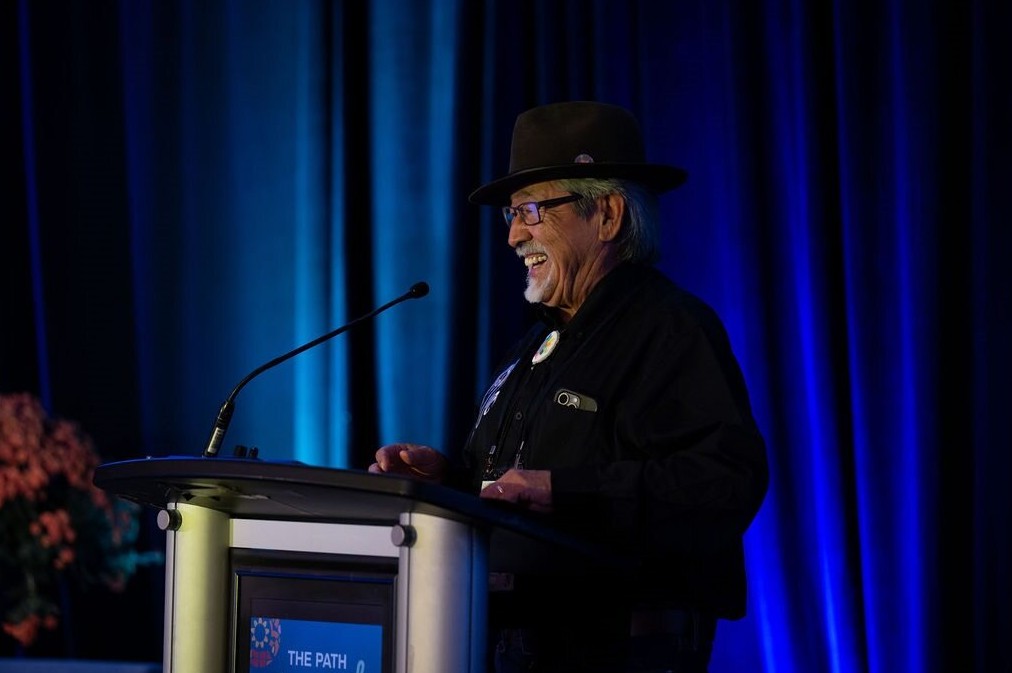
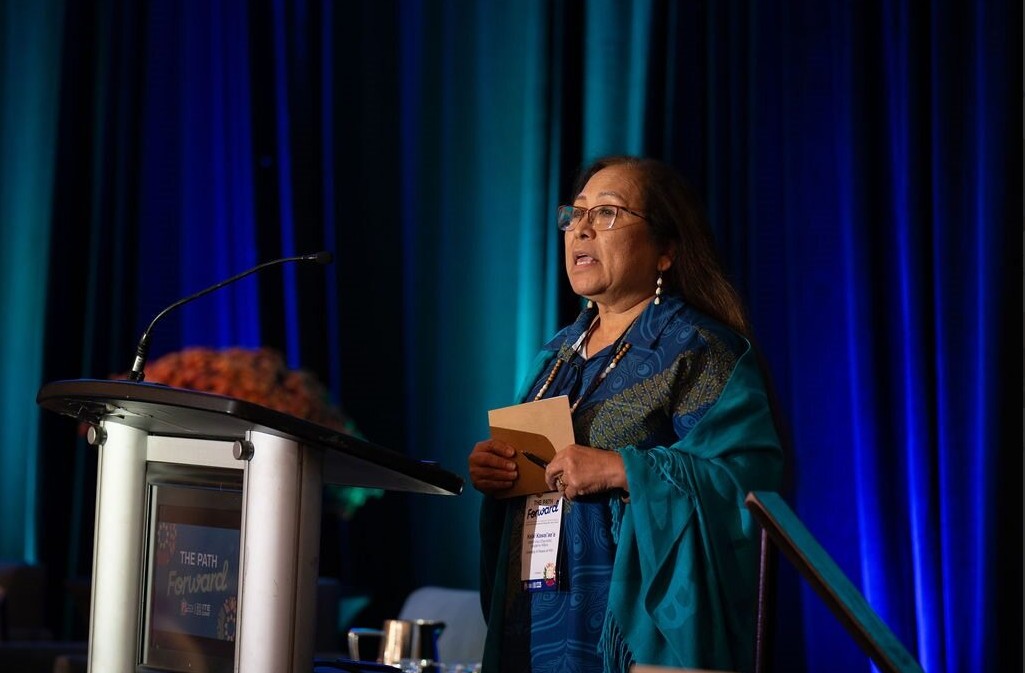
A Vision Grounded in Language, Land, and Community
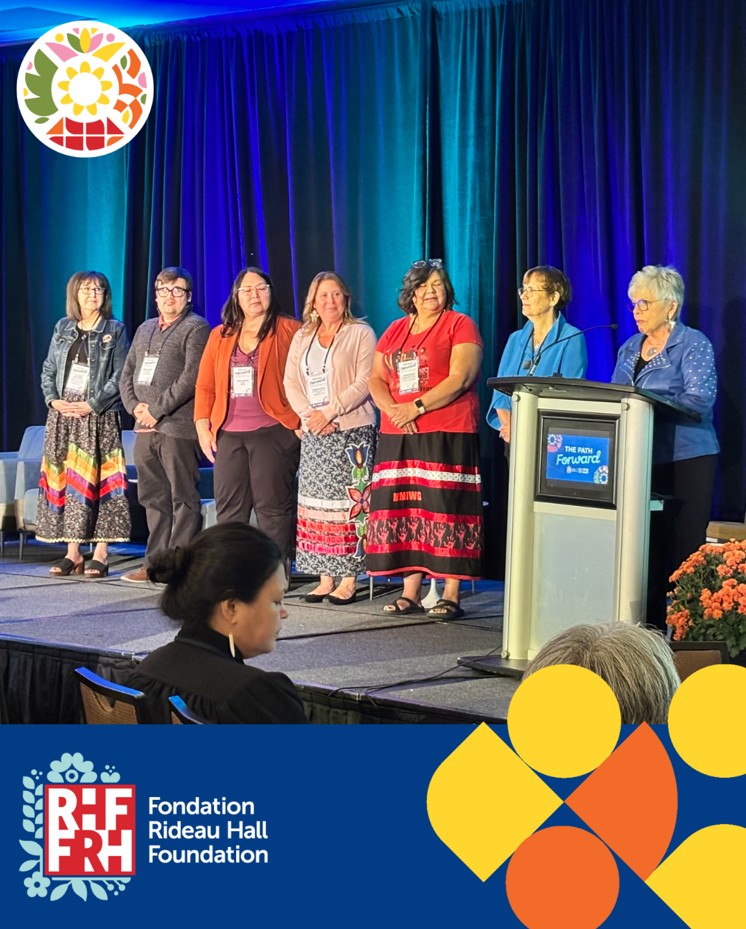
Throughout the summit, participants emphasized a common vision: a future where every Indigenous child learns in their own language, through their own histories and worldviews, taught by Indigenous educators from their communities.
Plenary panels and breakout sessions explored language revitalization, land-based learning, accreditation and policy, educator well-being, and pathways for youth into teaching. Many attendees spoke about the need to see Indigenous teacher education “led by Indigenous communities, in community, for community,” with language immersion and cultural knowledge at its core.
“To reclaim our education from preschool to grade 12 and beyond. To create our own teachers through our own teacher education program and to move towards a community learning centre that’s created from our ways of knowing and being.”
Attendee, Action Mapping session
Elevating Youth and Community Voices
Youth perspectives were a priority of the gathering. Current Indigenous Teacher Education Program students and graduates shared their personal journeys and the impact of role models, cultural pride, and community leadership in shaping their paths.
Workshops on land-based learning and language integration offered practical strategies for bringing culture into classrooms.
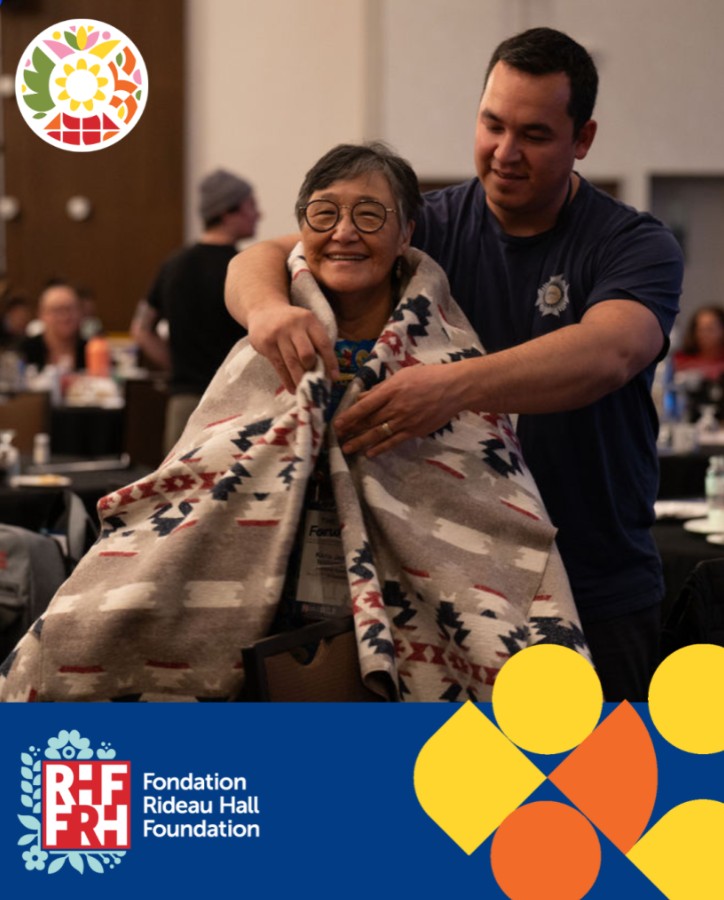
“Make my classroom like a kitchen table. I’m not a teacher. I’m an Uncle. My students are my nieces and nephews, and my curriculum is a shared meal and a good visit.”
Attendee, Day 2 Reflections
Actionable Commitments for the Future
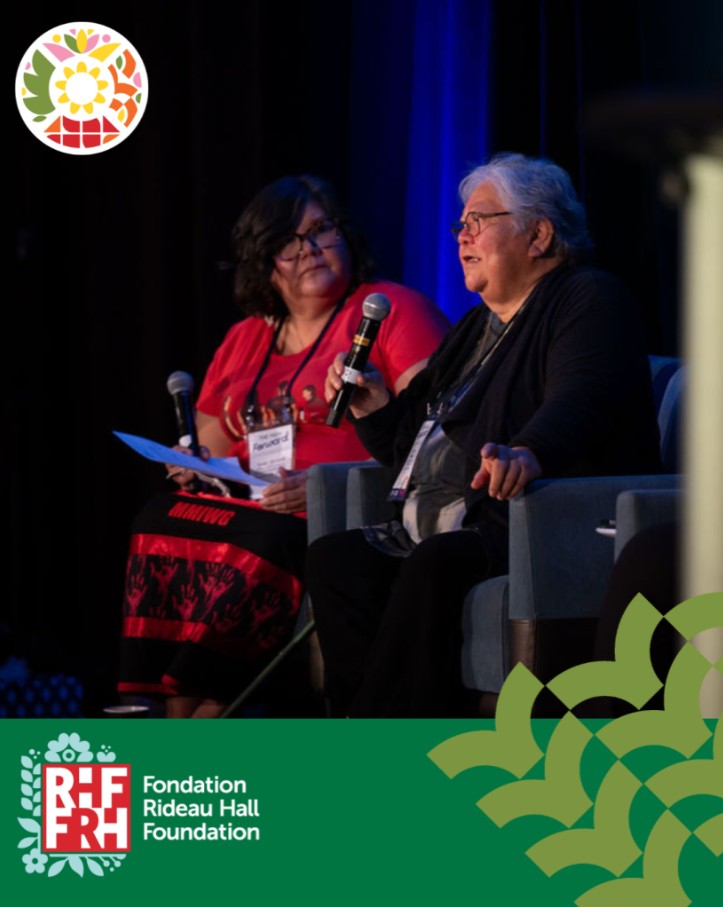
Through collective action mapping, attendees identified clear priorities to advance Indigenous teacher education across Canada. These included:
- Language revitalization as a central pillar of teacher training and K–12 education.
- Community-led governance of teacher education programs, including Indigenous-led accreditation pathways.
- Stronger funding and infrastructure to sustain language programs and support Indigenous educators throughout their careers.
- Culturally grounded learning spaces that embed ceremony, kinship, and land-based pedagogy in everyday teaching
“The future of teacher education in our communities rests on strengthening pathways that are Indigenous-led, land-based, and grounded in language and culture.”
Attendee, Action Mapping session
A Collective Call to Action – and RHF’s Commitment
The conversations and commitments shared in Winnipeg will help shape the future of Indigenous teacher education in Canada. They reflect a growing movement to ensure that Indigenous knowledge, language, and leadership are at the heart of education systems across the country.
Through the Indigenous Teacher Education (ITE) initiative, the RHF is working alongside Indigenous-led organizations, communities, and the National Advisory Committee on Indigenous Teacher Education (NACITE) to help make this vision a reality. Indigenous educators are changemakers. They inspire young people to see themselves as leaders, strengthen community-rooted learning environments, and help shape a future where Indigenous-led education is not the exception – it’s the norm.
Guided by the Grow, Nurture, Bloom framework – the RHF’s ITE initiative invests in Indigenous-led programs, supports educators and communities, and amplifies Indigenous voices and leadership. National gatherings like The Path Forward are one way we help create space for shared vision, collaboration, and action to transform education systems for generations to come. A post-summit report capturing key insights and priorities will be available in early December.
